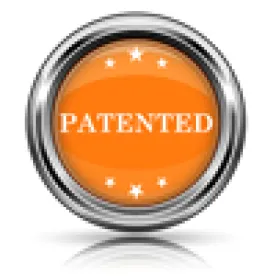Takeaway: While a petitioner may have standing to file a covered business method patent review if the petitioner’s privy has been sued for infringement, a petitioner does not obtain standing merely on the basis of being a privy of some company that has been sued for infringement.
In its Decision, the Board denied institution because it determined that Petitioner did not have standing to file a covered business method patent review of the ’317 Patent. The Board explained that under § 18(a)(1)(B) of the AIA, “[a] person may not file a petition for a transitional proceeding with respect to a covered business method patent unless the person or the person’s real party in interest or privy has been sued for infringement of the patent or has been charged with infringement under that patent.” Thus, a Petitioner may acquire standing if (1) Petitioner has been sued for, or charged with infringement of the patent for which it seeks review; (2) if a party sued for, or charged with infringement, is Acxiom’s real party-in-interest; or (3) if the party sued for, or charged with, infringement is a privy of Acxiom.
The Petition merely stated that “Acxiom Corporation, AT&T Mobility LLC, AT&T Services, Inc., and Ford Motor Company are the real parties-in-interest” and then stated only that “Acxiom Corporation and AT&T Services, Inc. are both real parties-in-interest to and/or privies of one or more parties who have been sued for infringement (i.e., Ford Motor Company or AT&T Mobility LLC).” However, the Board found that Petitioner had not directed the Board to any persuasive evidence to support the statement that Petitioner is a real party-in-interest to any party who has been sued for infringement of the ’317 patent.
Also, the Board explained that “[t]he allegation that Acxiom is a privy of one or more parties who have been sued for infringement, even if supported by evidence, would not establish standing for Acxiom.” The Board further explained that in order to confer standing to a petitioner, the party sued must be a privy of a petitioner, not the converse. Accordingly, the Board determined that Petitioner did not establish that it had standing to file the Petition or to be named as a petitioner.
Acxiom Corporation v. Phoenix Licensing, LLC, CBM2015-00068
Paper 23: Decision Denying Institution of Covered Business Method Patent Review
Dated: August 11, 2015
Patent: 8,352,317 B2
Before: Barry L. Grossman, Stacey G. White, and Peter P. Chen
Written by: Grossman



 />i
/>i

